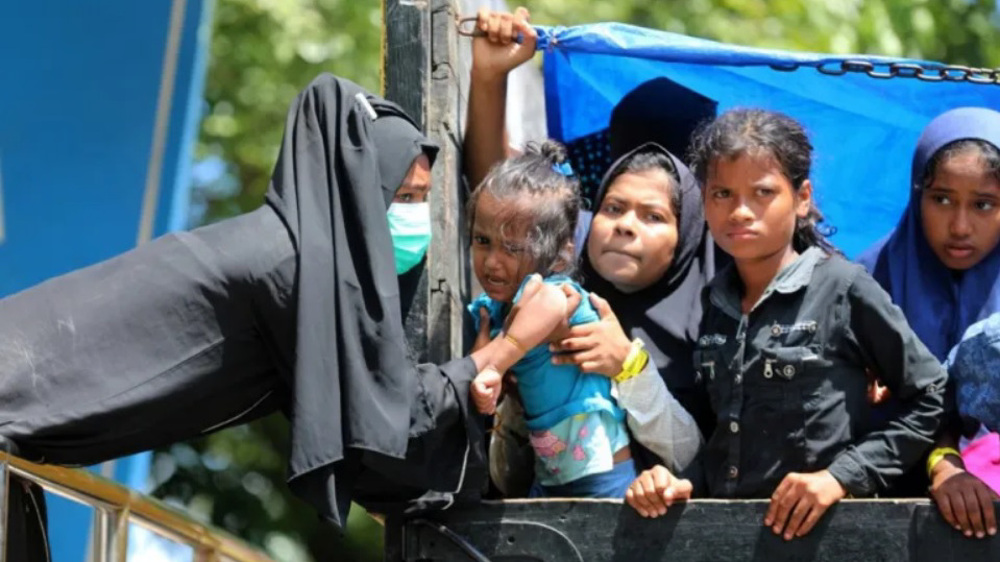Nepal lawmakers approve new constitution
Nepal’s parliament has overwhelmingly passed a new constitution that has been delayed for years due to differences between political factions.
Speaker Subash Nemwang announced on Wednesday that the long-delayed charter was approved with 507 of the 598 lawmakers voting in favor.
The parliamentarians burst into applause and a loud cheer went up in the chamber after the announcement was made.
Nepal's Prime Minister Sushil Koirala said in a message posted on Twitter the approval was a matter of national pride.
"It is an issue of pride for all Nepalis that the people's constitution has been passed from the Constituent Assembly," the premier stated.
The new charter is due to come into force on September 20.
The vote comes in the wake of recent violent protests that have claimed the lives of over 40 demonstrators. A series of protests has continued to rock parts of the country, signaling that the new charter is not likely to allay concerns of the country’s many marginalized groups.
The new national constitution aims to restructure Nepal as a federal state made up of seven provinces, and draw a line under a decade-long civil war that ended in 2006.
The protesters argue that the new internal borders will discriminate against historically marginalized communities. The members of marginalized groups demand their own separate province. The groups include the Madhesi and Tharu ethnic minorities who mainly inhabit the country's southern plains.

In early June, Nepal’s major rival political parties, spurred on by a devastating earthquake, reached a historic agreement to end years of deadlock on the new constitution for the country. Four parties – two ruling and two opposition – inked a historic deal, including on a settlement over the issue of federalism, which was the main bone of contention among political parties.
Regional parties have long pushed for new provinces to be created along lines that could favor historically marginalized communities. Other parties saw the demand as divisive and threatening the national unity.
TikTok blocks Epstein and anti-Trump videos under Trump-aligned ownership
Iran’s president warns of US psychological warfare to disrupt regional security
‘New crime’: Hamas condemns Israel for exhuming hundreds of graves in Gaza
Iraq presidential vote delayed amid Kurdish dispute over candidate
Iraqi groups ready for war in support of Iran despite US threats
CIA establishing foothold in Venezuela after US abduction of Maduro: Report
VIDEO | How Iran defeated the US-Israel regime change OP
‘Rule of lies’: Foreign Ministry slams ‘Hitler-fashioned disinformation campaign’ against Iran










 This makes it easy to access the Press TV website
This makes it easy to access the Press TV website